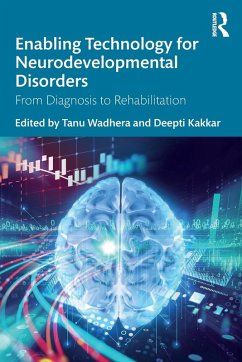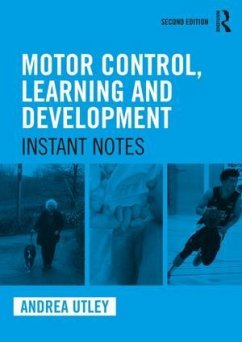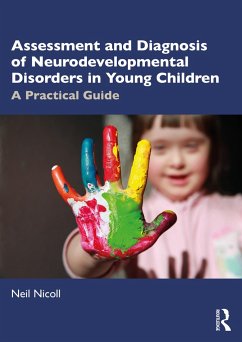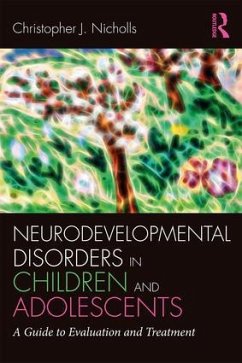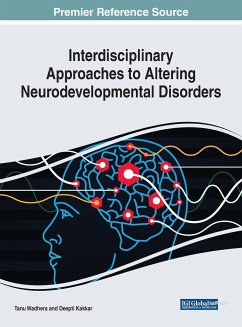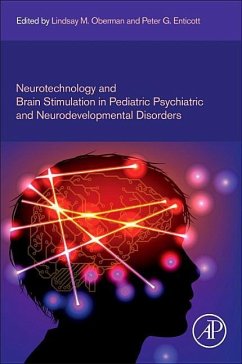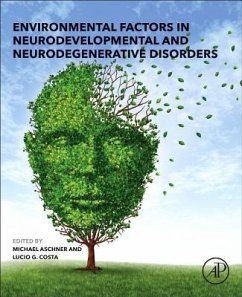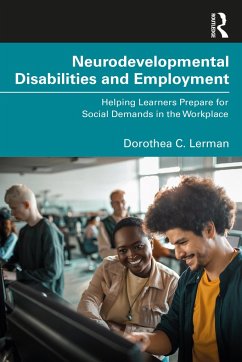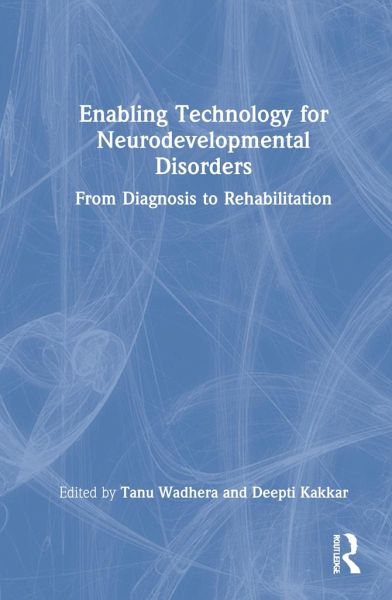
Enabling Technology for Neurodevelopmental Disorders
From Diagnosis to Rehabilitation
Herausgegeben: Wadhera, Tanu; Kakkar, Deepti

PAYBACK Punkte
77 °P sammeln!
This cutting-edge volume explores how technological tools can be designed, engineered and implemented to assess and support individuals with neurodevelopmental disorders from diagnosis through to rehabilitation. Tanu Wadhera and Deepti Kakkar and their expert contributors focus on technological tools as equalizers in Neurodevelopmental disorders (NDDs) at every stage, the importance of demand-specific design, and how we can best engineer and deploy both invasive and non-invasive individual-centered approaches that support and connect individuals. Considering the perspectives of patients, clini...
This cutting-edge volume explores how technological tools can be designed, engineered and implemented to assess and support individuals with neurodevelopmental disorders from diagnosis through to rehabilitation. Tanu Wadhera and Deepti Kakkar and their expert contributors focus on technological tools as equalizers in Neurodevelopmental disorders (NDDs) at every stage, the importance of demand-specific design, and how we can best engineer and deploy both invasive and non-invasive individual-centered approaches that support and connect individuals. Considering the perspectives of patients, clinicians and technologists, it explores key topics including design and evaluation of platforms for tech-tools, automated diagnosis, brain imaging techniques, tech-diagnostic frameworks with AI and machine learning, sensing technology, smart brain prosthetics, gamification, alternative communication devices, and education tools and interactive toys. Outlining future challenges for research,Enabling Technology for Neurodevelopmental Disorders is useful for scholars and professionals in psychology, technology, engineering and medicine concerned with design, development and evaluation of a range of assistive technological tools.




